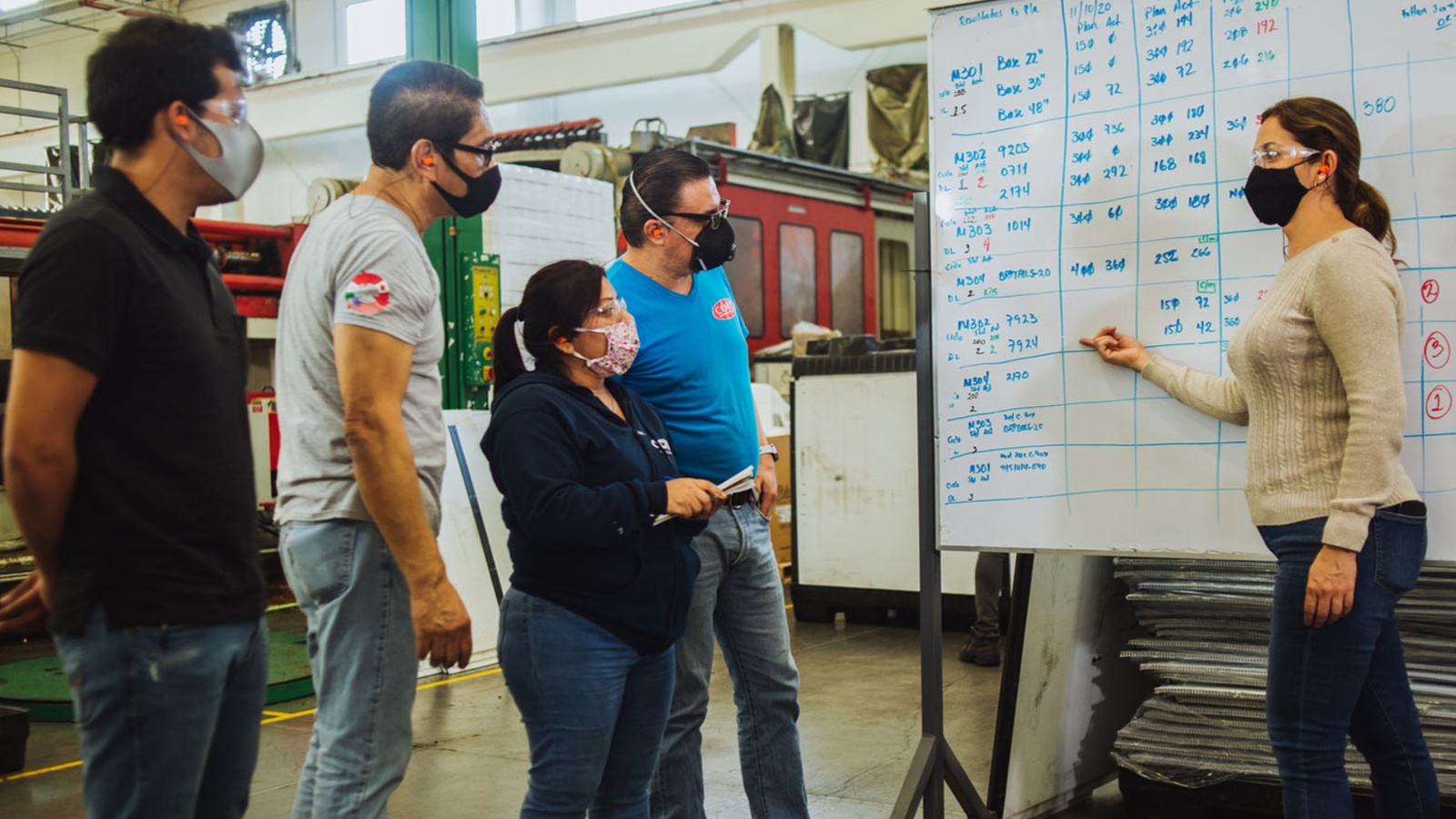CORE Molding Advocates for Immigration Policy Changes

CORE Molding Technologies has taken an uncommon approach to fixing its workforce shortage: educating and working with U.S. legislators to change national immigration policy, while using all available immigration tools to bring in skilled workers.
Got labor challenges? The Columbus, Ohio–based large-format compression-molding maker has increased its entry-level production wages by up to 30% and offered additional incentives, such as sign-on, attendance and referral bonuses. Yet, even with these efforts, CORE saw only a marginal improvement, according to Executive Vice President of Operations Eric Palomaki.
A willing population: Thanks to its presence across North America, CORE has a unique perspective on immigration and workforce availability. The company employs nearly 1,800 people in the U.S., Canada and Mexico and says it is far easier to find people in Canada and Mexico who are not only willing but excited to work in manufacturing.
- “Our country’s population is shrinking,” Palomaki said. “Immigration is one way to fix [the labor shortage]. We follow the NAM’s policy … there’s no reason for it to be this difficult for good people—who are not looking to come and be a drain on government resources, but rather are looking for good, stable employment and to become citizens.”
But there’s a problem: The U.S. immigration system lacks a comprehensive, easily navigable process for getting hourly wage earners to the states for approved employment.
- “There are no options available for the hourly manufacturing workforce from an immigration perspective,” said Human Resources Executive Vice President Renee Anderson.
Success stories: For several years, CORE has sponsored non-U.S.-born salaried employees in applying for and obtaining working visas (and ultimately permanent residency)—and the company has been hugely successful in these efforts.
- “It creates an incredibly loyal workforce. When you go down this path, it changes the lives of individuals and families,” Anderson said.
- The tales of triumph are many: One employee, currently an engineering and materials manager in Ohio, began on the shop floor in Mexico, and after several promotions through the years, came to the U.S. on an L visa. Another individual, a senior engineer in Ohio, was trained and mentored in Mexico and also came to the U.S. on an L visa.
- Both now have green cards and have established their homes in the U.S. with their families, thanks to sponsorship by CORE Molding Technologies.
Pushing for policy: The company’s leadership is actively educating and engaging congressional members in Ohio and Minnesota, two states where it has facilities, to advocate for immigration-policy changes.
- Ideally, the company says, the system that is in place for salaried employees would be expanded to hourly production workers to provide them with a better path to citizenship.
The last word: “We want to invest in people,” said Palomaki. “We have a great place to work.”
